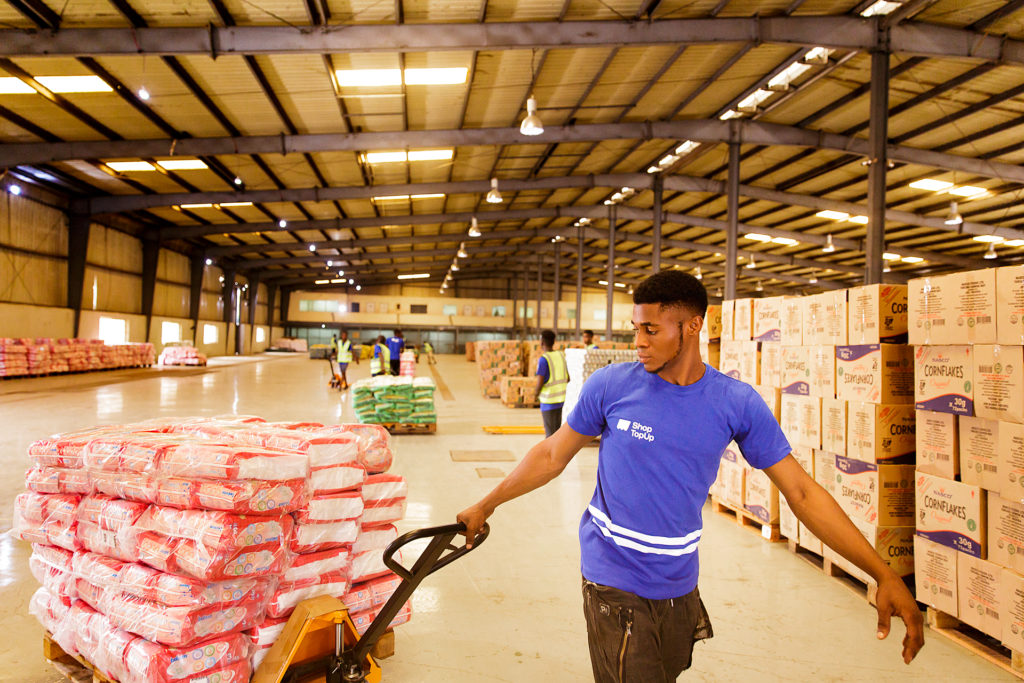TradeDepot, a B2B e-commerce platform that connects FMCG manufacturers with retailers, is taking a significant step upstream by launching its food brand, Mangrove. The new venture will produce and distribute affordable food items like sardines, rice, flour, peas, and canned fish. The goal is to offer consumers more cost-effective options amid rising inflation and the naira devaluation.
Although Mangrove has not yet officially launched, it is already attracting distributors through its website. The product line, which includes essential food items, aims to bypass the “brand tax”—the premium consumers often pay for well-known labels. By sourcing high-quality products at lower costs, TradeDepot intends to pass those savings on to consumers, making essential food items more affordable.
“We used to simply distribute for brands,” says CEO Onyekachi Izukanne. “Now, we’re integrating backwards into the supply chain by producing our products and bringing them directly to the market.”
For example, Mangrove’s sardine will be priced at ₦1,050, significantly cheaper than the popular Titus sardine, which retails for ₦1,450. For low-to-middle-income consumers, the cumulative savings can make a significant impact, allowing them to buy more items or save for future purchases.
This shift to manufacturing comes at a critical time for Nigerian consumers, who are grappling with inflation, which has reached 34.8%, and the depreciation of the naira. With shrinking purchasing power, Mangrove could prove advantageous for TradeDepot, positioning the company as a key player in Nigeria’s food sector.
A successful retail brand, combined with its extensive retailer network, could make TradeDepot an attractive acquisition target for FMCG companies, according to a former executive at an FMCG company who asked to not be named to speak freely. The company mirrors major distributors like Amazon and Costco, which have leveraged their brands to drive revenue and enhance brand value. “TradeDepot knows what sells and they have the network to scale distribution,” the executive added.
However, the shift from distribution to manufacturing brings new pressures. Importing goods means that any production delays or missed schedules can result in additional costs, putting pressure on TradeDepot’s margins. “When they were only concerned with last-mile distribution, we could source products locally,” the executive explains. “But now that we’re manufacturing and importing, every extra day outside schedule incurs additional costs.”
TradeDepot’s move into food production enables the company to turn competitors—middlemen and other last-mile distributors—into customers. “Our biggest competitor is the wholesaler in the market,” Izukanne says. “They can cut corners in ways we can’t and have a different cost structure.”
The company’s deep knowledge of the FMCG sector and its extensive distribution network also give it a competitive edge. By using data to advise manufacturers on distribution strategies, TradeDepot aims to offer a more cost-efficient way for brands to enter the African market, avoiding the complexities of navigating information asymmetry, logistics inefficiencies, and retail channels.
The company has already secured exclusive distribution rights for products from established brands like Unilever and Prime Hydration, a beverage brand co-owned by internet celebrities Logan Paul and KSI. With these exclusive deals, TradeDepot is positioning itself as a one-stop solution for FMCG brands seeking to scale their African presence.
TradeDepot has also reworked its logistics model to accommodate its new manufacturing operations. Previously responsible for managing every part of its distribution network, the company now relies more on third-party providers for logistics. This shift allows TradeDepot to scale more efficiently while focusing on its core business of connecting manufacturers to retailers.
TradeDepot’s decision to move upstream contrasts with other startups in the B2B e-commerce space, such as OmniRetail, which has expanded its business into fintech. OmniRetail recently acquired Traction Apps, a fintech startup, to boost its gross margins and expand its payment services. In contrast, TradeDepot is focusing on manufacturing and exclusive distribution, a strategy that it believes offers more direct value to its customers and partners.









